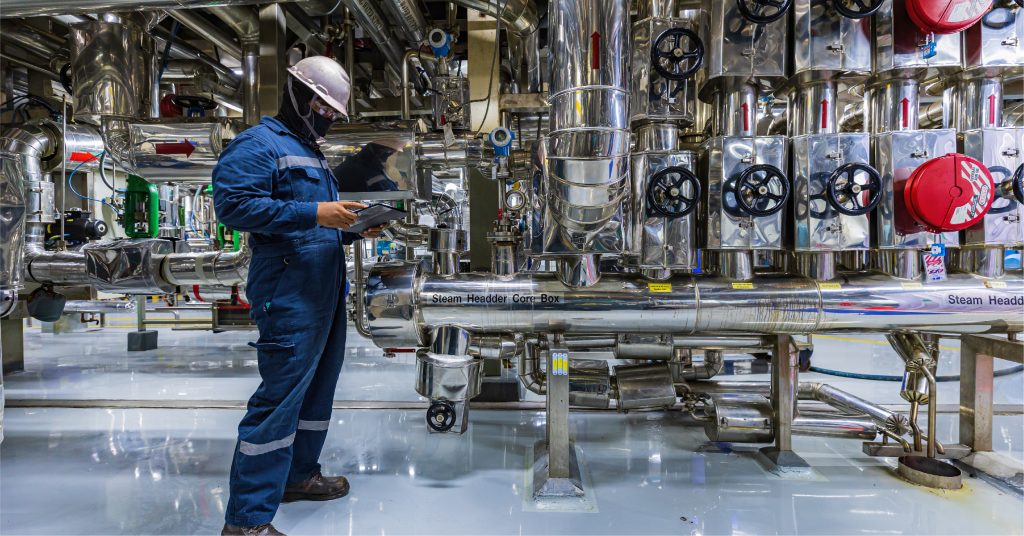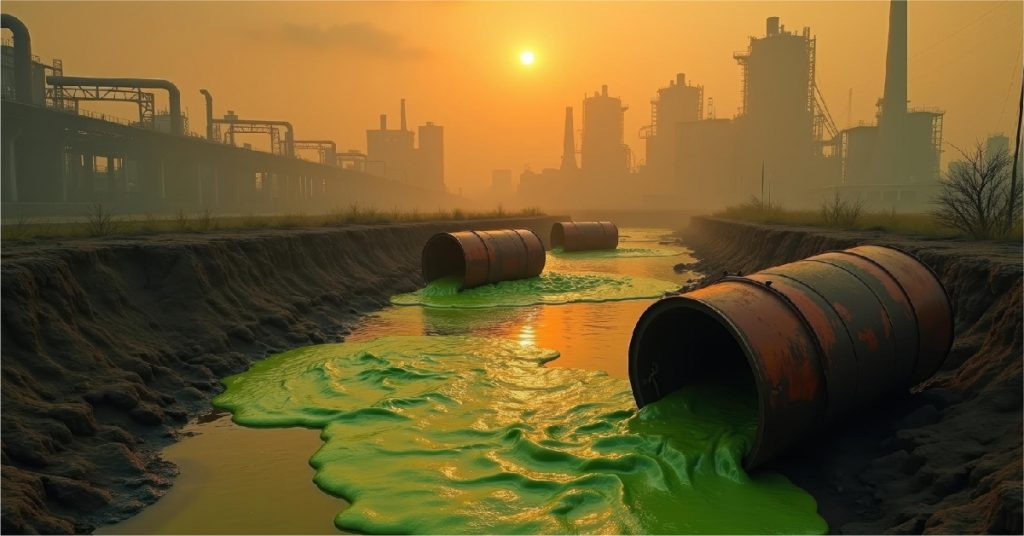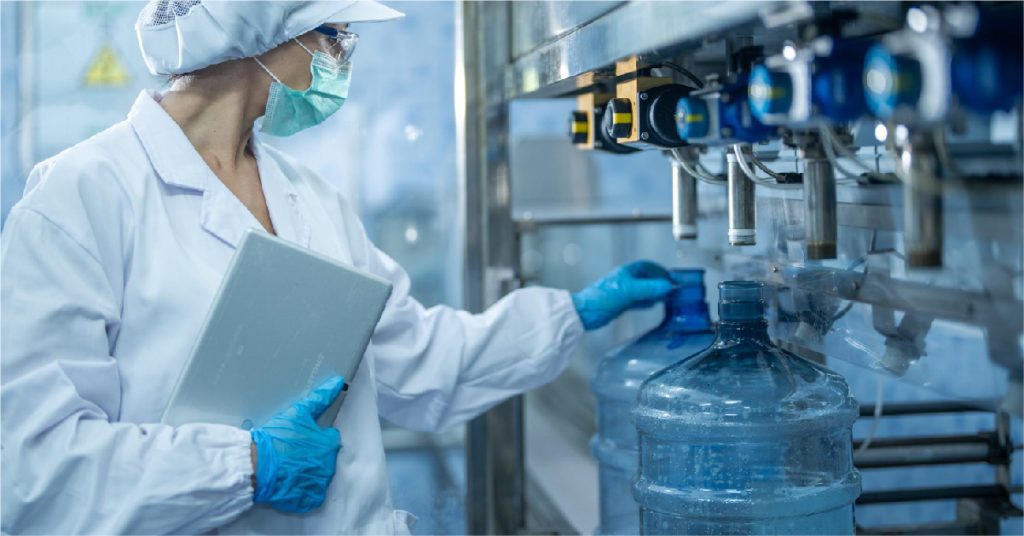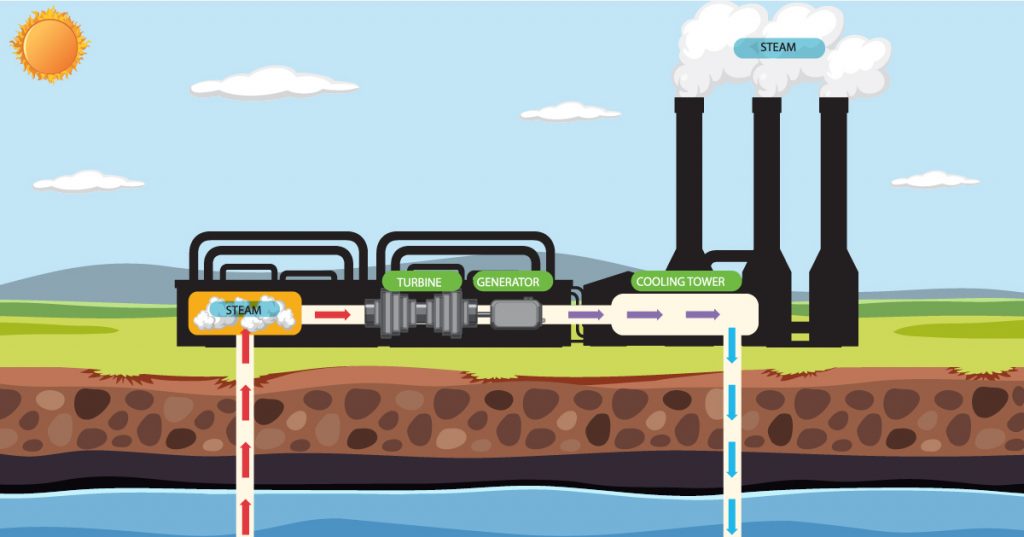Corrosion is a persistent challenge in industrial and infrastructure contexts worldwide, particularly in regions like Singapore, where the tropical climate worsens the problem. The high humidity, frequent rainfall, and proximity to the sea accelerate corrosion processes, leading to significant economic losses and safety concerns.
Corrosion can degrade infrastructure, machinery, and equipment, necessitating costly repairs, replacements, and maintenance. Therefore, corrosion prevention and control are critical to maintaining the integrity and longevity of assets in Singapore. One of the most effective strategies for combating corrosion is the use of corrosion inhibitors.
What is a Corrosion Inhibitor?
A corrosion inhibitor is a chemical substance that, when added in small quantities to an environment, significantly reduces the rate of corrosion. Corrosion inhibitors work by forming a protective layer on the metal surface, which acts as a barrier between the metal and the corrosive environment. This protective layer prevents or slows down the chemical reactions that cause corrosion, thereby extending the lifespan of the metal.
Corrosion inhibitors are used in various environments, including water systems, oil and gas pipelines, industrial machinery, and cooling towers. They are particularly important in environments where metals are exposed to aggressive substances such as water, acids, or salts. In Singapore, where the tropical climate accelerates corrosion, the use of corrosion inhibitors is crucial in industries such as water treatment, manufacturing, and construction.
How Corrosion Inhibitors Work: Mechanism of Action
The mechanism of action of corrosion inhibitors involves several ways in which corrosion inhibitors can protect metals:
- Passivation: Some corrosion inhibitors, such as those containing chromates or phosphates, form a passive oxide layer on the metal surface. This layer prevents the metal from reacting with corrosive agents.
- Adsorption: Certain corrosion inhibitors, like organic amines, adsorb onto the metal surface, creating a protective film that reduces the interaction between the metal and the corrosive environment.
- Formation of Precipitates: In some cases, corrosion inhibitors cause the formation of insoluble compounds that precipitate on the metal surface, blocking the corrosive substances from reaching the metal.
The effectiveness of a corrosion inhibitor depends on several factors, including the type of metal, the nature of the corrosive environment, the concentration of the inhibitor, and the temperature. Therefore, selecting the appropriate corrosion inhibitor for a specific application is essential to achieve optimal protection.
Volatile Corrosion Inhibitors (VCIs)
Volatile corrosion inhibitors (VCIs) are a specialized type of corrosion inhibitor that works by volatilizing and then condensing on metal surfaces to form a protective layer. Unlike traditional corrosion inhibitors that are applied directly to the metal, VCIs can protect metal surfaces that are not easily accessible or are stored in enclosed spaces.
VCIs are commonly used in industries where metals are stored or transported in humid or corrosive environments, such as during shipping or storage in Singapore’s tropical climate. They are particularly useful for protecting equipment and machinery that are not in constant use and are stored for long periods.
Cooling Tower Corrosion Inhibitors
Cooling towers are essential components in many industrial processes, particularly in Singapore’s hot and humid climate. However, constant exposure to water and air can lead to significant corrosion issues within cooling tower systems. This is where cooling tower corrosion inhibitors come into play.
Cooling tower corrosion inhibitors are chemicals specifically designed to protect the metal surfaces within cooling towers from corrosion. These inhibitors work by forming a protective film on the metal surfaces, preventing the interaction between the metal and the corrosive agents in the water. This is particularly important in Singapore, where the high humidity and temperature can accelerate corrosion in cooling towers.
How Ion Exchange Ensures the Perfect Corrosion Inhibitor for Water Systems
Ion Exchange provides a comprehensive range of specialty, customized chemical treatment programs, including corrosion inhibitors and volatile corrosion inhibitors, specifically designed for optimal plant performance. Our corrosion inhibitor water treatment solutions are tailored to your system’s unique needs, utilizing advanced corrosion inhibitor chemicals to protect critical infrastructure. Whether it’s a cooling tower corrosion inhibitor or a corrosion inhibitor for water applications, our highly trained engineers conduct thorough plant surveys and closely monitor and adjust the treatment programs to ensure maximum effectiveness and long-term protection.
Refinery Process Chemicals
Refinery Process Chemicals such as IONREF 3804 for general corrosion protection and IONREF 3811 for amine units, are essential in preventing equipment damage and ensuring efficient, uninterrupted refinery operations.
INDION Boiler Water Treatment
Ion Exchange’s extensive boiler water treatment programs cater to low-, medium, and high-pressure boilers, ensuring the prevention of deposits and corrosion throughout pre-boiler, boiler, and post-boiler systems. Our DEHA-based oxygen scavengers deliver exceptional protection against corrosion, even within condensate lines.
INDION Cooling Water Treatment
Ion Exchange provides an extensive range of environmentally friendly treatment programs for open recirculating cooling water systems. INDION corrosion and scale inhibitors effectively manage corrosion, scaling, and fouling across various water quality conditions and system requirements.
INDION Fireside Treatment
It offers energy-efficient fuel additives essential for the effective treatment of any combustion system.
INDIFLOC Flocculants
This flocculant is suitable for various applications, including raw water treatment, papermaking, steel, and many more.
INDION Easytest Kits
These kits are specifically designed for on-the-spot analysis of make-up water, boiler water, and cooling water, making them user-friendly without requiring a trained chemist.
INDION Antiscalants & Membrane Cleaning Chemicals
These products are designed to eliminate scaling and fouling of reverse osmosis membranes, disperse suspended solids and colloids, and remove biofouling, organics, metal oxides/hydroxides, and other colloidal or particulate-based foulants.
Conclusion
Corrosion inhibitors are an essential tool in the fight against corrosion, particularly in Singapore’s tropical climate. From volatile corrosion inhibitors to specialized corrosion inhibitor water treatment and cooling towers, these substances play a critical role in protecting metal surfaces from deterioration.
Understanding the mechanism of action and selecting the appropriate corrosion inhibitor for each application is crucial for ensuring the effectiveness of corrosion prevention efforts. Ion Exchange’s expertise and comprehensive range of corrosion inhibitors provide industries in Singapore with the solutions they need to combat corrosion effectively.





